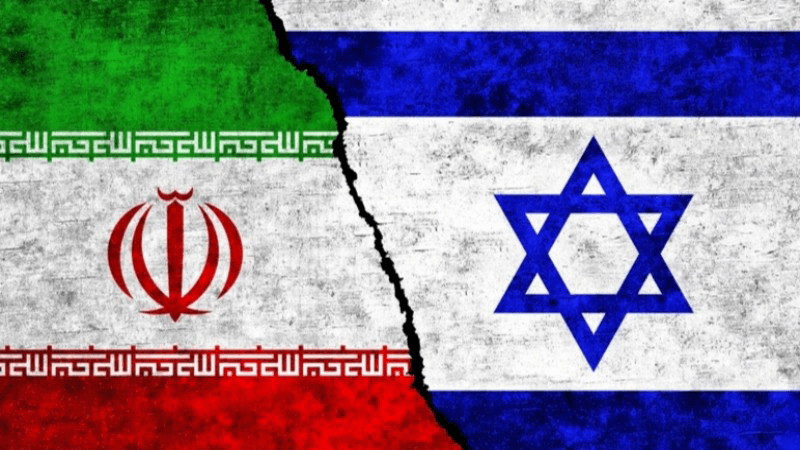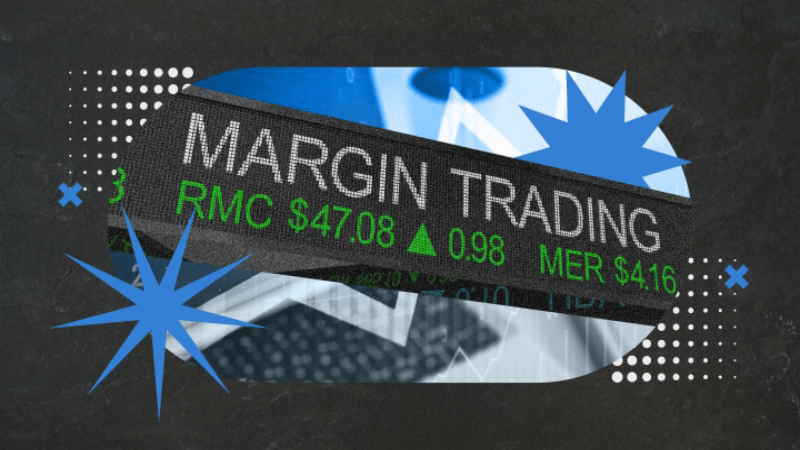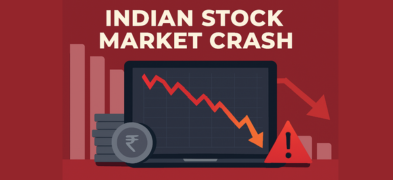Important Information
This website is managed by Ultima Markets’ international entities, and it’s important to emphasise that they are not subject to regulation by the FCA in the UK. Therefore, you must understand that you will not have the FCA’s protection when investing through this website – for example:
- You will not be guaranteed Negative Balance Protection
- You will not be protected by FCA’s leverage restrictions
- You will not have the right to settle disputes via the Financial Ombudsman Service (FOS)
- You will not be protected by Financial Services Compensation Scheme (FSCS)
- Any monies deposited will not be afforded the protection required under the FCA Client Assets Sourcebook. The level of protection for your funds will be determined by the regulations of the relevant local regulator.
Note: Ultima Markets is currently developing a dedicated website for UK clients and expects to onboard UK clients under FCA regulations in 2026.
If you would like to proceed and visit this website, you acknowledge and confirm the following:
- 1.The website is owned by Ultima Markets’ international entities and not by Ultima Markets UK Ltd, which is regulated by the FCA.
- 2.Ultima Markets Limited, or any of the Ultima Markets international entities, are neither based in the UK nor licensed by the FCA.
- 3.You are accessing the website at your own initiative and have not been solicited by Ultima Markets Limited in any way.
- 4.Investing through this website does not grant you the protections provided by the FCA.
- 5.Should you choose to invest through this website or with any of the international Ultima Markets entities, you will be subject to the rules and regulations of the relevant international regulatory authorities, not the FCA.
Ultima Markets wants to make it clear that we are duly licensed and authorised to offer the services and financial derivative products listed on our website. Individuals accessing this website and registering a trading account do so entirely of their own volition and without prior solicitation.
By confirming your decision to proceed with entering the website, you hereby affirm that this decision was solely initiated by you, and no solicitation has been made by any Ultima Markets entity.
I confirm my intention to proceed and enter this websiteWhat is Oil Crisis and How It Impacts Markets
Oil Crisis frequently appears in media reports, causing dramatic market fluctuations both historically and in reality.
But what exactly is an Oil Crisis, and how does it impact financial markets? This article will provide in-depth analysis to help investors seize opportunities.
What is Oil Crisis
An Oil Crisis refers to events of global oil supply shortages or price surges that impact the global economy. The most notable historical examples occurred in 1973 and 1979, both inflicting severe impacts on the world economy.
Oil Crisis and Market Volatility Correlation
Oil Price Fluctuations and Economic Impact
During oil crises, crude prices surge sharply, driving global inflation upward. Historical data shows oil prices rose ~300% during the 1973 crisis, directly triggering economic recessions in multiple countries.

Stock Market Reactions to Oil Crises
Stock markets typically react sensitively to oil crises. For example, after the 2022 Russia-Ukraine war, Brent crude surged to $130 per barrel, triggering sharp global stock market declines and widespread panic, investors rapidly shifted to safe-haven assets.
Geopolitical Factors in Oil Crises
Middle East Wars and Oil Embargoes
Following the 1973 Yom Kippur War, OPEC imposed an oil embargo, causing supply disruptions in Western nations and oil price surges. Geopolitical conflicts remain key catalysts for oil crises, requiring close investor monitoring.

Impact of OPEC Policy Changes
OPEC’s production policies directly influence oil price trends. During the 2020 pandemic, OPEC’s production cut agreement stabilized prices, but subsequent decisions to increase or decrease output frequently triggered sharp price volatility. Investment markets must closely monitor its movements.
Oil Crisis Impact on Taiwan’s Economy
Taiwan’s heavy reliance on imported oil makes it particularly vulnerable to oil crises. According to Ministry of Economic Affairs statistics, Taiwan’s inflation reached 3.5% during the 2022 oil price surge, hitting a 10-year high and directly impacting household livelihoods and investments.

How to Protect Assets During Oil Crises
Safe-Haven Asset Selection
During oil crises, investors typically choose safe-haven assets like gold and US Treasury bonds. For example, amid early-2022 oil market turmoil, gold prices surged to $2050 per ounce, providing shelter for investors.
Seizing Opportunities Through Leveraged Trading
Investors can utilize leveraged trading to access oil futures or CFD markets with minimal capital, profiting from market volatility. However, leverage carries risks, investors should carefully evaluate and select reliable platforms.
Ultima Markets offers diverse leverage options, enabling flexible risk-reward adjustments alongside low spreads and rapid execution to capitalize on price movements.
UM provides professional trading tools and technical analysis resources for swift market response. For risk-free practice, UM’s website offers a demo account, allowing beginners to familiarize with market fluctuations without capital exposure.

Oil Crisis FAQs
Q1: How does an oil crisis affect the forex market?
A1: Oil crises typically strengthen the US dollar due to its negative correlation with oil prices. However, currencies of oil-exporting nations like the Canadian dollar or Norwegian krone may appreciate amid rising oil prices.
Q2: Will electric vehicle adoption eliminate oil crises?
A2: While EV popularity reduces oil demand, currently only ~9% of global vehicles are electric. Oil will remain a primary energy source for decades, making oil crisis risks difficult to eradicate short-term.
Q3: How can investors respond rapidly to oil market shifts?
A3: Investors should leverage real-time market data platforms. UM’s website provides a trading account for immediate oil CFD trading, enabling prompt response to market volatility.
Strategic Advice for Investors During Oil Crises
Facing oil crises, investors should closely monitor geopolitical shifts, economic data, and energy policy changes. Additionally, utilize reliable trading platforms for real-time operations to capture opportunities and hedge risks, avoiding impulsive decisions.
Maintain flexibility by adjusting investment portfolios to balance high-risk and safe-haven assets, minimizing potential losses. Accessing timely market insights remains fundamental to successful investing.
While oil crises pose challenges, they also present opportunities. Prudent strategy planning and information management enable investors to navigate volatility and achieve steady gains.
Master the market impact of “Oil Crisis” to strategically position yourself and outperform during turbulence.
Disclaimer: This content is provided for informational purposes only and does not constitute, and should not be construed as, financial, investment, or other professional advice. No statement or opinion contained here in should be considered a recommendation by Ultima Markets or the author regarding any specific investment product, strategy, or transaction. Readers are advised not to rely solely on this material when making investment decisions and should seek independent advice where appropriate.












